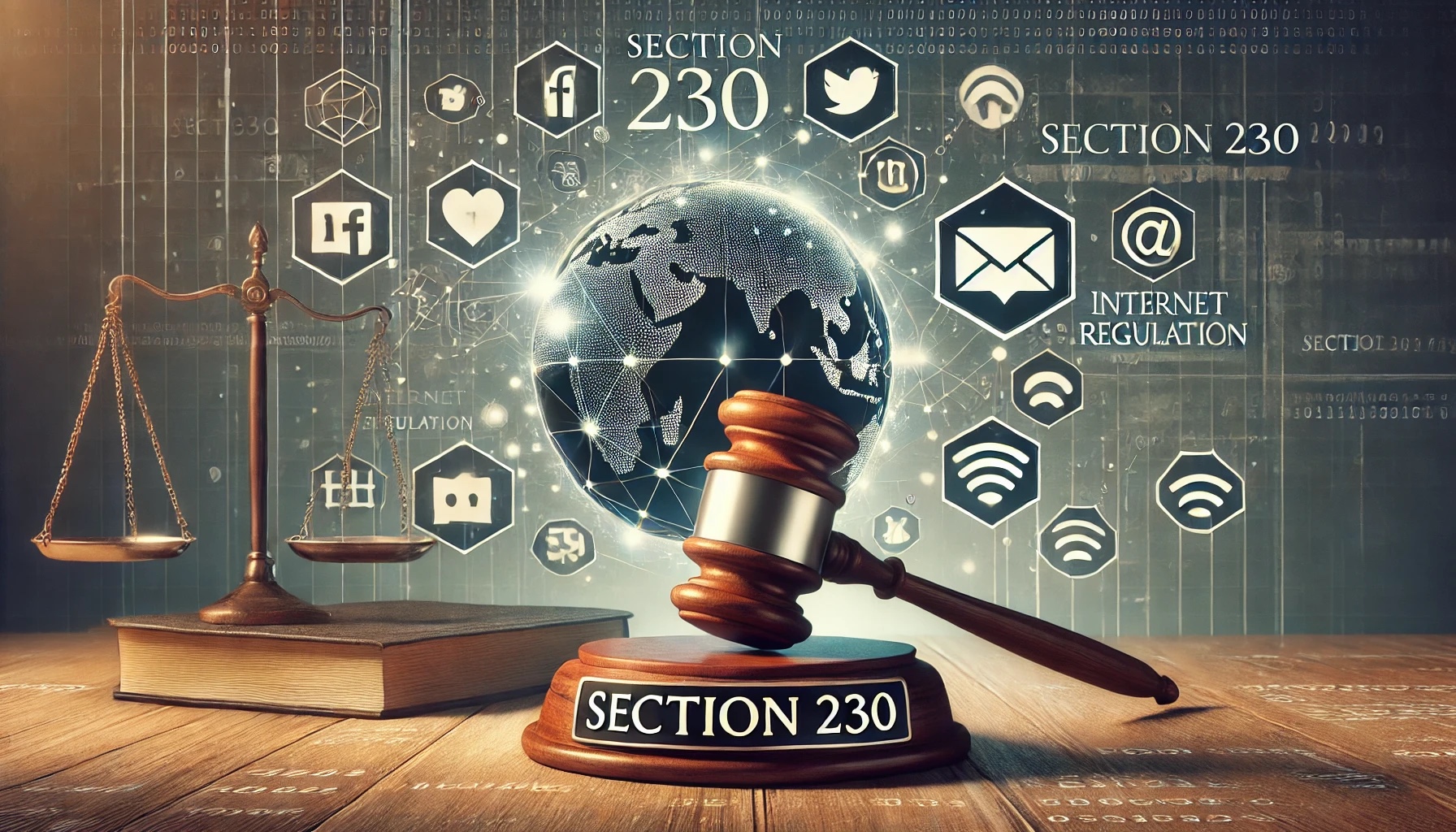The Dark Side of Digital Platforms: Money Laundering and Exploitation
In recent years, the rise of social media and streaming platforms has transformed the landscape of online entertainment, offering creators new avenues for income. However, this digital revolution has also attracted the attention of criminal organizations, particularly drug cartels, who are increasingly using platforms such as OnlyFans, Kick, and YouTube Live to launder money and facilitate illicit activities.
The Role of OnlyFans and Streaming Platforms
OnlyFans, a subscription-based content platform, allows creators to monetize their work through fan subscriptions and tips. While many use it to share lifestyle content or adult material, some criminal organizations have infiltrated this space, exploiting its payment structures to disguise the origins of their money. Similarly, platforms like Kick and YouTube Live enable creators to receive chat donations during live streams, providing additional channels for money laundering.
Criminal enterprises are adept at manipulating these systems. By paying influencers or creators to promote their content or by directly using accounts to receive donations, these organizations can effectively obscure the origins of their income. This method allows them to transform “dirty” money from illegal activities into seemingly legitimate funds that can be withdrawn without raising red flags.
Mechanisms of Money Laundering
- Layering Transactions: Criminal organizations often engage in complex layering transactions, moving money through various accounts to disguise its source. This might involve shifting funds between multiple OnlyFans accounts or streaming profiles, making it difficult for authorities to trace the original illicit funds.
- Fake Subscriptions and Donations: By creating fake user profiles, these organizations can make small, frequent donations or subscriptions to manipulate the platform’s algorithms and generate the appearance of legitimate activity. This practice not only masks the origins of the funds but also helps build credibility for the accounts involved.
- Paying Influencers: Drug cartels may pay influencers to promote products or services, funneling illicit cash into seemingly legitimate business operations. This relationship creates a façade of normalcy around the transactions, making it harder for law enforcement to connect them back to criminal enterprises.
Challenges for Law Enforcement
The anonymity afforded by these platforms poses significant challenges for law enforcement. Traditional financial systems, such as banks, are subject to strict regulations and reporting requirements, making it easier for authorities to monitor suspicious activity. In contrast, many social media platforms lack robust oversight mechanisms, complicating efforts to trace illicit funds.
Moreover, the global nature of these platforms means that jurisdictions can be fragmented, allowing criminals to exploit legal loopholes. Some platforms operate under different regulations in various countries, making it difficult for law enforcement to coordinate efforts across borders.
Case Studies and Reports
Several reports have highlighted the intersection of online platforms and organized crime. For instance, a 2021 investigation by the Financial Crimes Enforcement Network (FinCEN) identified patterns of money laundering linked to digital payment platforms, with significant ties to criminal enterprises. Studies by organizations like the European Monitoring Centre for Drugs and Drug Addiction (EMCDDA) have also pointed to the use of digital channels by drug cartels to facilitate transactions and launder money.
Exploitation on OnlyFans: The Intersection of Trafficking and Money Laundering
The growth of digital content creation platforms has also opened the door for criminal organizations to exploit vulnerable individuals. Drug cartels and other criminal entities are leveraging both existing creators and trafficked individuals to facilitate their illicit activities.
Exploiting Existing Creators
- Collaboration with Established Creators: Criminal organizations often target established OnlyFans creators, offering financial incentives to promote their content or businesses, which can include advertising fake products or services.
- Content Manipulation: Some creators may unknowingly become part of a laundering scheme. They might be approached to host content that appears legitimate, while the funding behind it comes from illicit sources.
- Reputation and Reach: By collaborating with popular creators, criminal organizations can increase their visibility and reach, drawing in more potential customers under the guise of legitimate operations.
Victims of Trafficking and Exploitation
- Trafficked Individuals: Tragically, some women and girls who have been trafficked may find themselves coerced into creating content for platforms like OnlyFans, often manipulated or threatened into compliance.
- Forced Participation: Criminal organizations may use intimidation or violence to ensure compliance, trapping victims in a cycle of exploitation. The income generated from their accounts is often siphoned off by their captors.
- Lack of Law Enforcement Action: In areas where law enforcement is ineffective, traffickers operate with impunity, making it challenging for victims to escape and seek help.
Superchats and Enhanced Visibility
- Money Laundering via Donations: Some creators, including those not affiliated with criminal organizations, may inadvertently participate in money laundering through superchats on platforms like YouTube Live, which can be used to mask the origins of funds.
- Notoriety and Visibility: When viewers donate through superchats, it enhances the channel’s visibility and reputation. Criminal organizations can exploit this dynamic by making large donations, which can elevate a channel’s status while laundering money.
- Legitimizing Illicit Funds: Donating to popular creators can obscure the true origins of funds, allowing criminals to integrate dirty money into the legitimate economy, making it harder for law enforcement to trace.
How Citizens Can Help Combat Money Laundering
As the exploitation of platforms like OnlyFans for money laundering and trafficking becomes more apparent, citizens can play an active role in combatting these issues. Here are several ways individuals can contribute:
- Stay Informed and Educate Others: Familiarize yourself with the tactics used by criminal organizations, and spread awareness about the risks associated with these platforms.
- Report Suspicious Activity: Utilize reporting features on platforms for suspicious content or accounts, and notify local authorities if you suspect illegal activity.
- Support Legitimate Creators: Follow verified accounts and engage with creators who demonstrate transparency and ethical practices.
- Promote Ethical Practices: Advocate for policies that require platforms to verify user identities and support legislative changes that enhance accountability.
- Engage with Advocacy Groups: Volunteer or donate to organizations that combat human trafficking and exploitation, and participate in local initiatives focused on education and prevention.
- Practice Responsible Online Behavior: Be cautious with donations, ensuring the channels you support are reputable, and protect your financial information by using secure payment methods.
By taking these proactive steps, citizens can help combat money laundering and exploitation on platforms like OnlyFans, contributing to a safer online environment for everyone.



